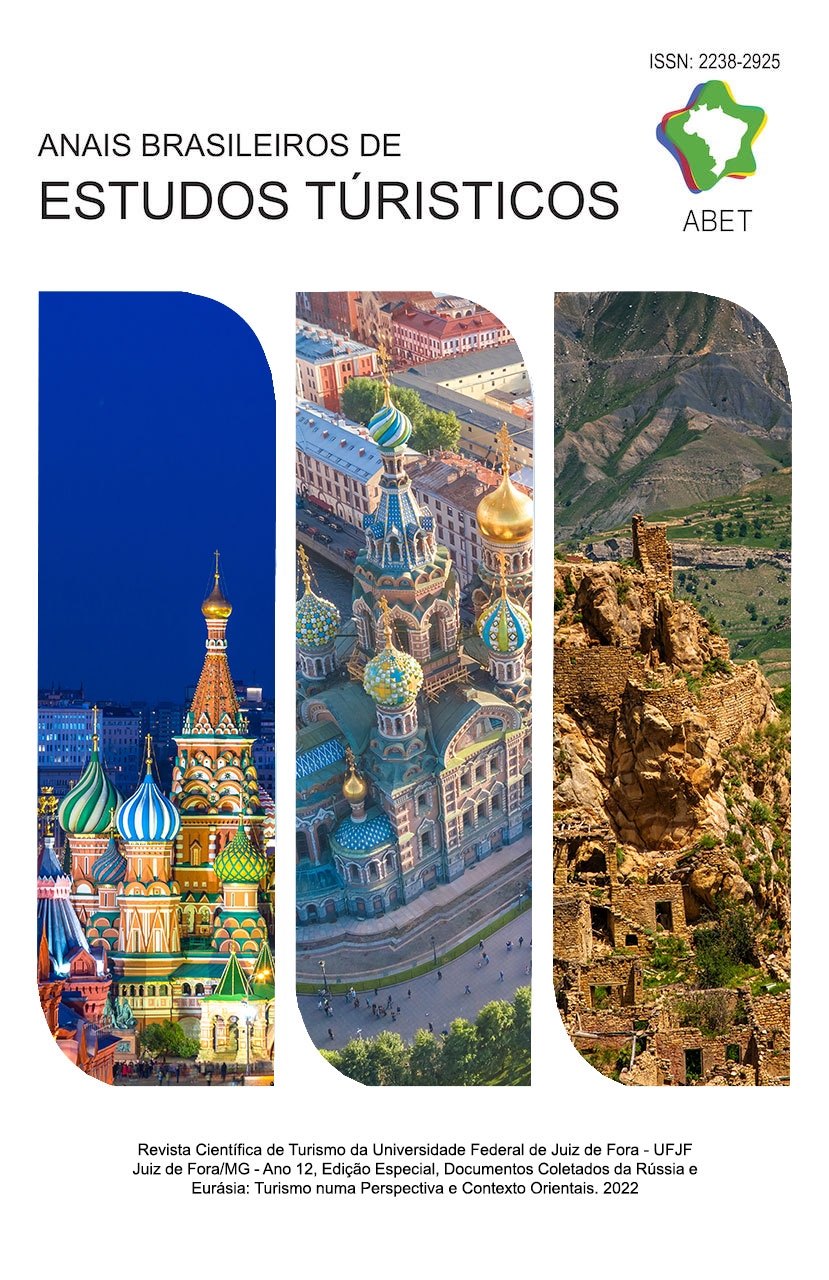Experience Economy as an Irrational Philosophy in Tourist and Hotel Services in Transforming the Socio-Economic Systems
DOI:
https://doi.org/10.5281/zenodo.7145626Keywords:
Philosophy, Irrationalism, Impressions Economics, Shaping the Experience of Tourists, Transformation Socio-economic SystemsAbstract
The aim of this concepotual paper is to develop recommendations for the implementation of a strategy for marketing impressions in tourism and hospitality enterprises, thereby emphasizing the importance of the role of the impressions economy in the provision of tourist and hotel services in the context of the transformation of socio-economic systems. The strengthening of the concept of impressions economy is a certain reaction to the changing conditions in the service economy.The article analyzes a new type of relationship between the brand and the consumer - marketing of impressions, as well as the conditions that contribute to the successful functioning of tourism and hospitality enterprises, thereby emphasizing the fact that there is a mass process in the consumption of hotel and tourist services and the formation of certain value positions. Analyzing the problem of the role of impressions marketing in the provision of tourist services and hotel products in the context of the transformation of socio-economic systems, it was revealed that the concept of impressions economics at the beginning of the 21st century strengthens its position, which is manifested in the limitless nature of postmodern hedonism among modern consumers of the service sector.
Downloads
Downloads
Published
How to Cite
Issue
Section
License
Copyright (c) 2022 Anais Brasileiros de Estudos Turísticos

This work is licensed under a Creative Commons Attribution 4.0 International License.
This journal provides immediate open access to its content, following the principle that providing free scientific knowledge to the public provides greater democratization of world knowledge.
Authors must agree to the following terms relating to copyrights:
(a) Authors keep all copyright and grant the to the journal the right of first publication, with the work simultaneously licensed under the Creative Commons Attribution License that allowing job sharing with recognition of authorship of the work and initial publication in this journal.
(b) Authors are allowed to assume additional contracts separately, for non-exclusive distribution of the version of the work published in this journal (e.g. publish in institutional repository or book chapter), with recognition of authorship and initial publication in this magazine.
(c) Authors are allowed and are encouraged to publish and distribute their work online (e.g. in institutional repositories or on your personal page) since they do not do this before or during the editorial process, as this can generate productive interchange, as well as increase the impact and citation of work aired. (See Effect of Free Access).















